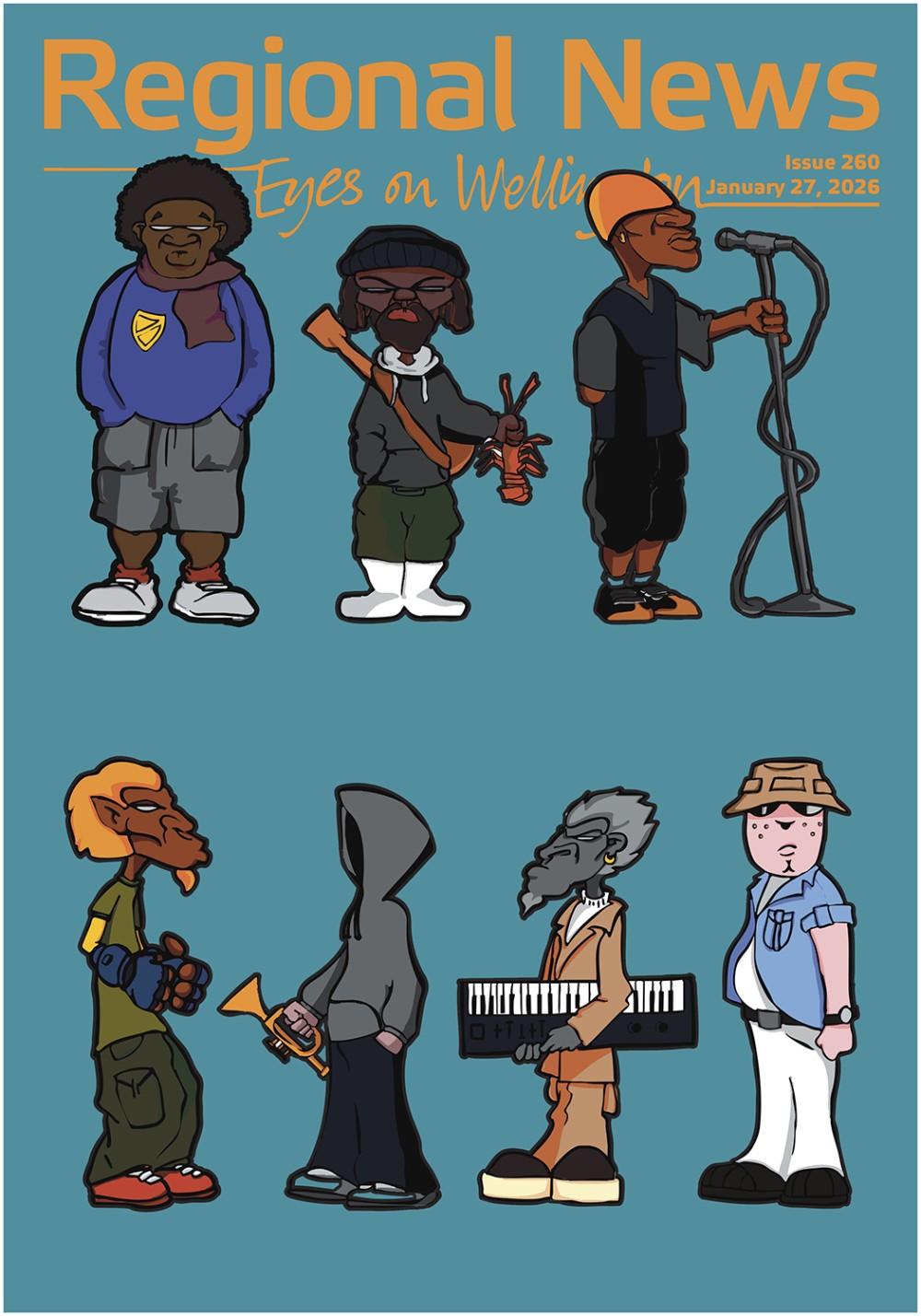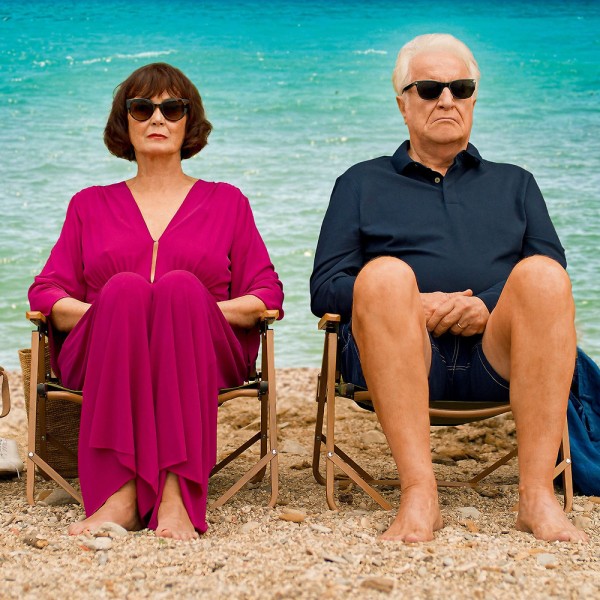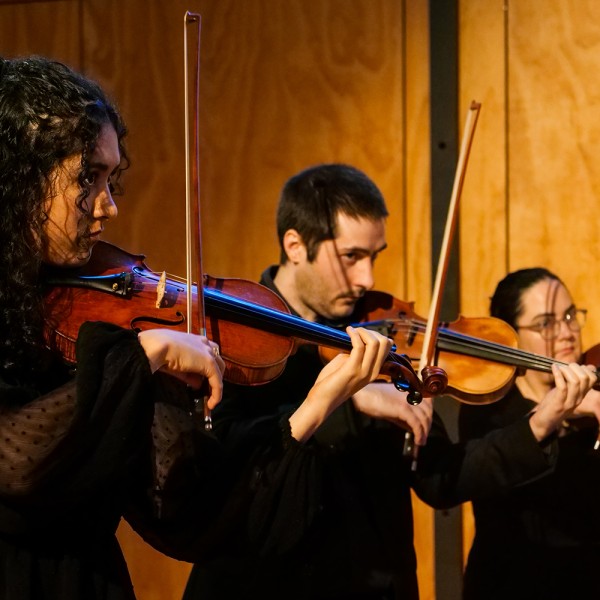
Cringeworthy: The 90s
Devised by: Andrea Sanders
Written by: Andrea Sanders
Circa Theatre, 9th Aug 2025
Reviewed by: Zac Fitzgibbon
This show acts as a cringeworthy (see what I did there) and hilarious history lesson about one of the most iconic decades of music for mankind. Get Down on It with Cringeworthy: The 90s, featuring iconic choreography (Andrea Sanders and Devon Neiman) and songs like …Baby One More Time, How Bizarre. We Like to Party, and Silly Love Songs.
The show begins with four authentically 90s performers – Sanders, Neiman, Kali Kopae, and Jared Pallesen. Each one of them rocks their body through each number, and the singing would make Alanis Morissette proud. The group is incredibly NSYNC with each other. Just when you think it can’t get any better, Mackenzie Htay – a Gen Z with his heart in the 20th century – joins in Act Two for even more boyband-crazy moments.
The quips are side-splitting, and the whole production feels reminiscent of Six: The Musical, only this time about all things 90s. I cannot commend the choreography enough – each performer dances with absolute vigour from start to finish, and it’s no wonder the audience is cheering throughout. The costuming (in collaboration with Creative Show Off Costume Hire and the cast) is fly, while the set (Mitch Sigley) provides some clever and interesting nods to the era.
Despite being born close to the 90s, I feel like I am the youngest person in the audience. But that does not Sway me – I still feel completely immersed in this decade and am MMMBop-ping the entire time. Cringeworthy: The 90s is fun, uplifting, and educational. I hope the producers (Beatgirl Productions) continue the series with an instalment all about the noughties.
Words can’t do it justice, so breakdance your way down to Circa Theatre: “you gotta know to understand” just how incredible this show is.
PS: I don’t apologise for how many puns I’ve just written, because This Is How We Do It with a review of this kind.











